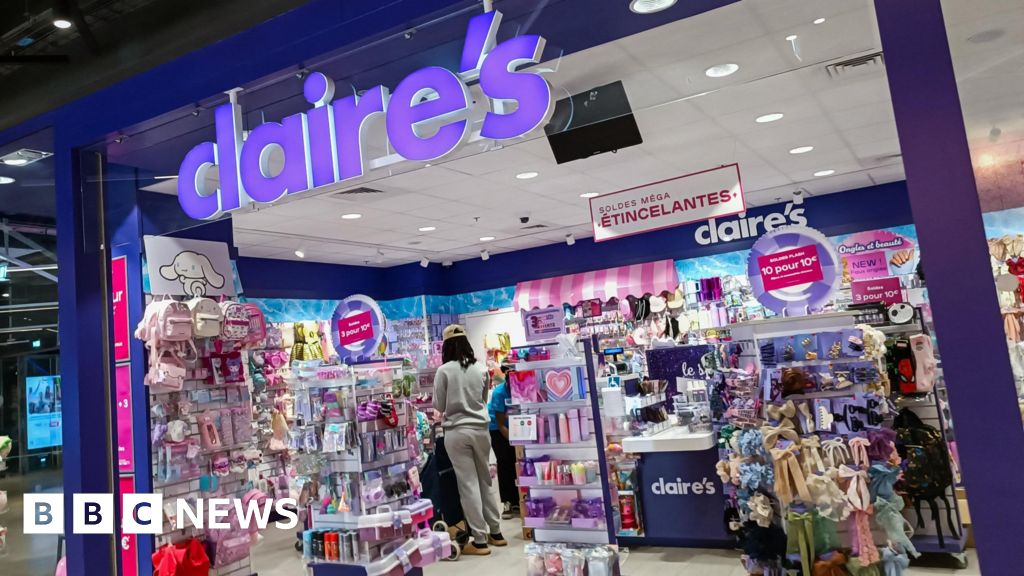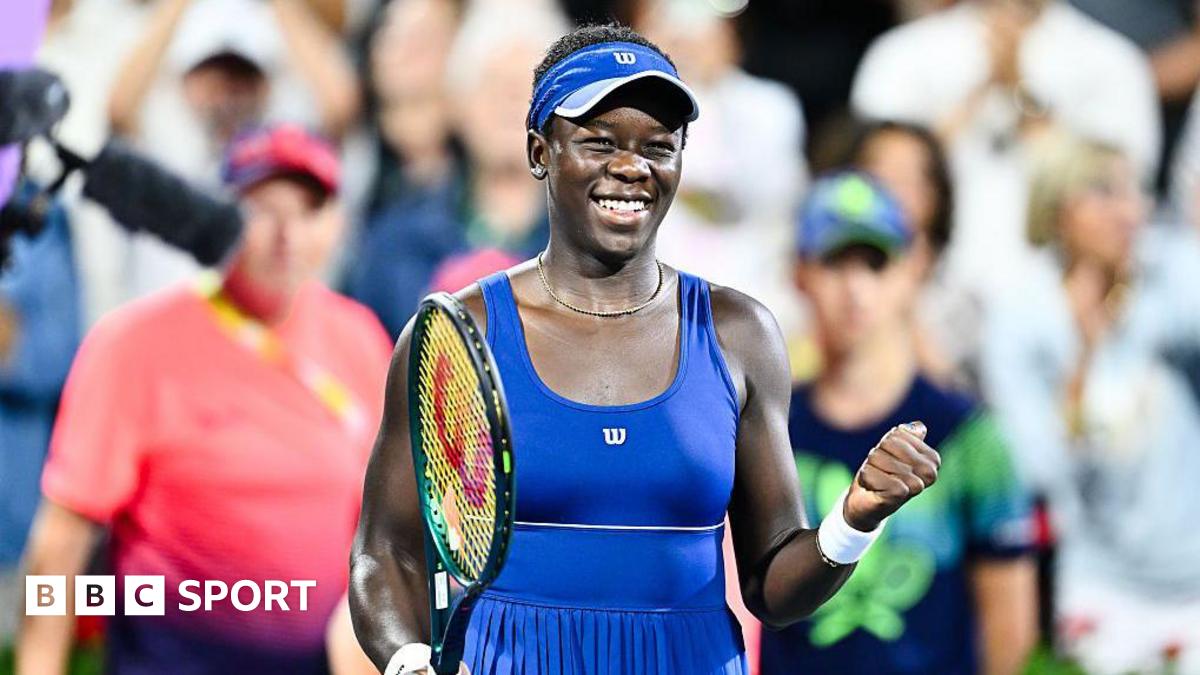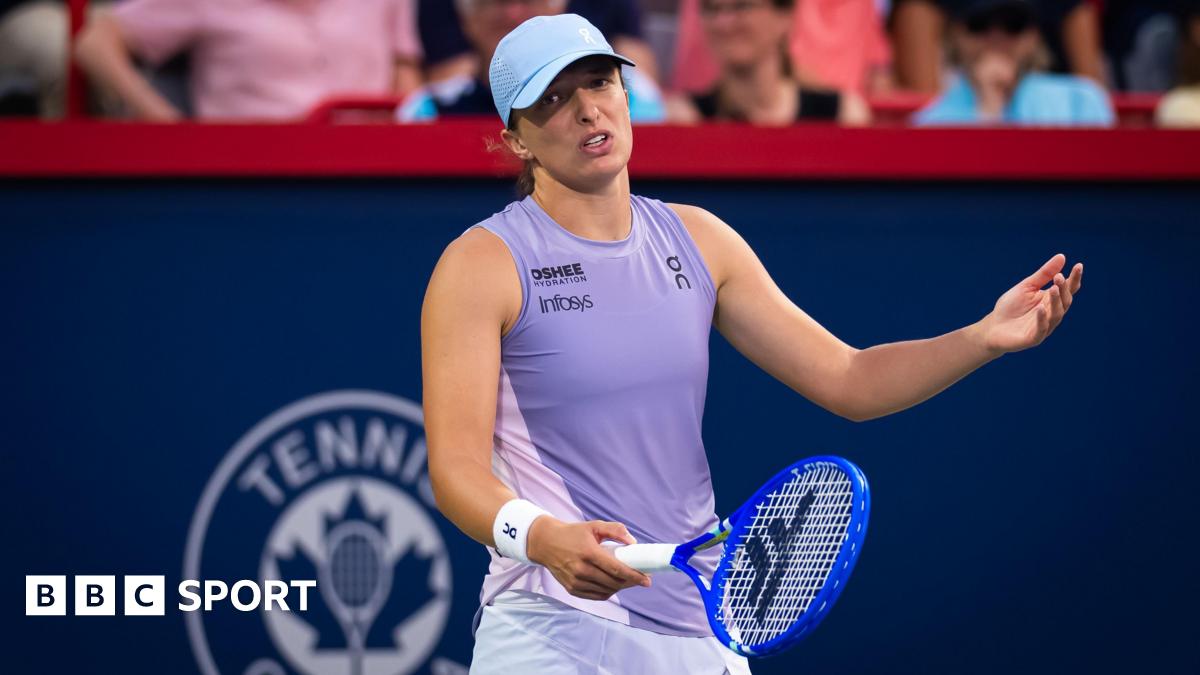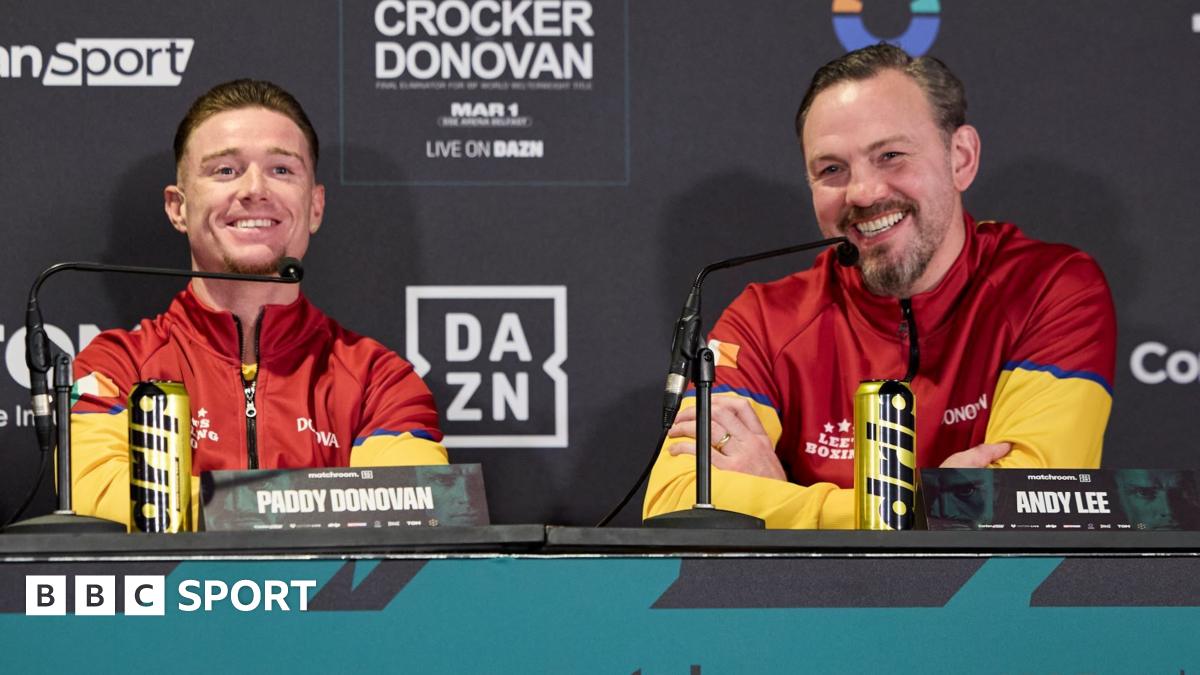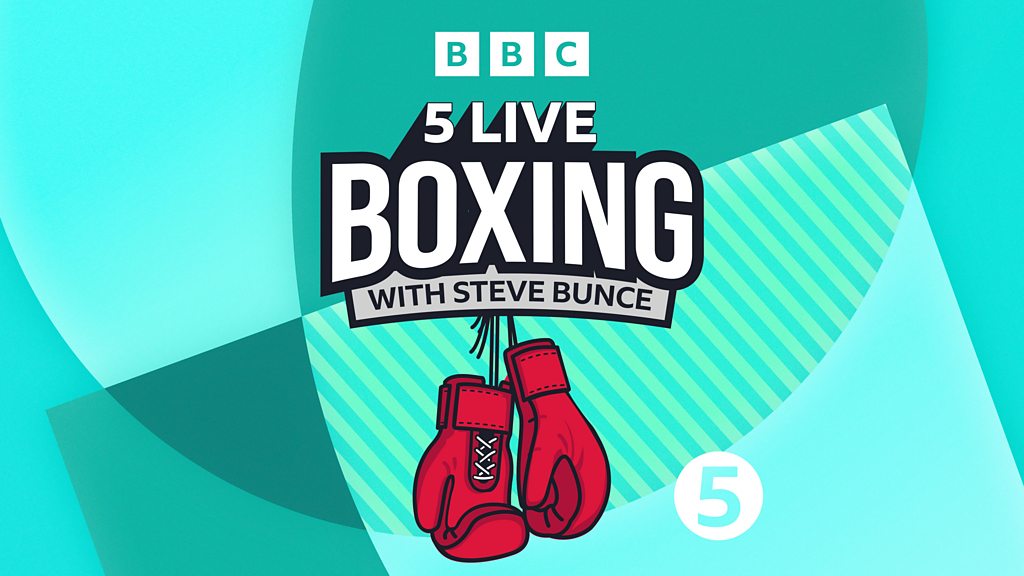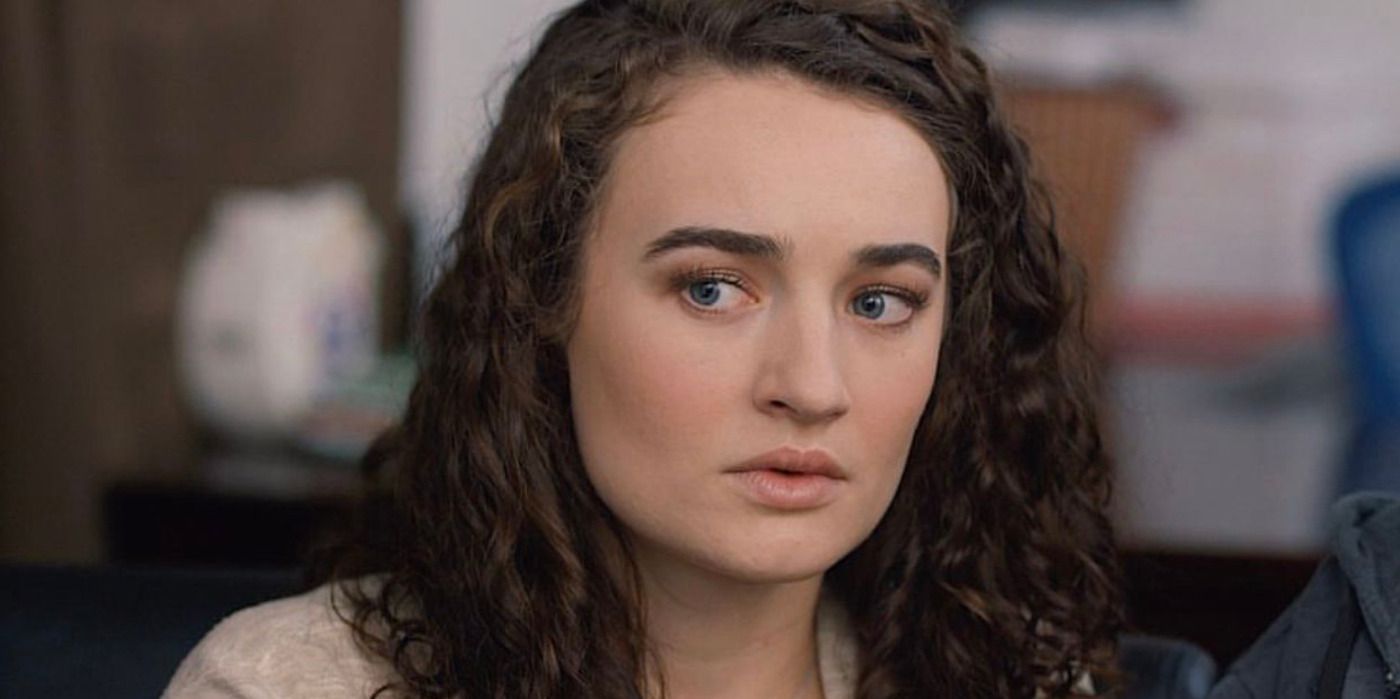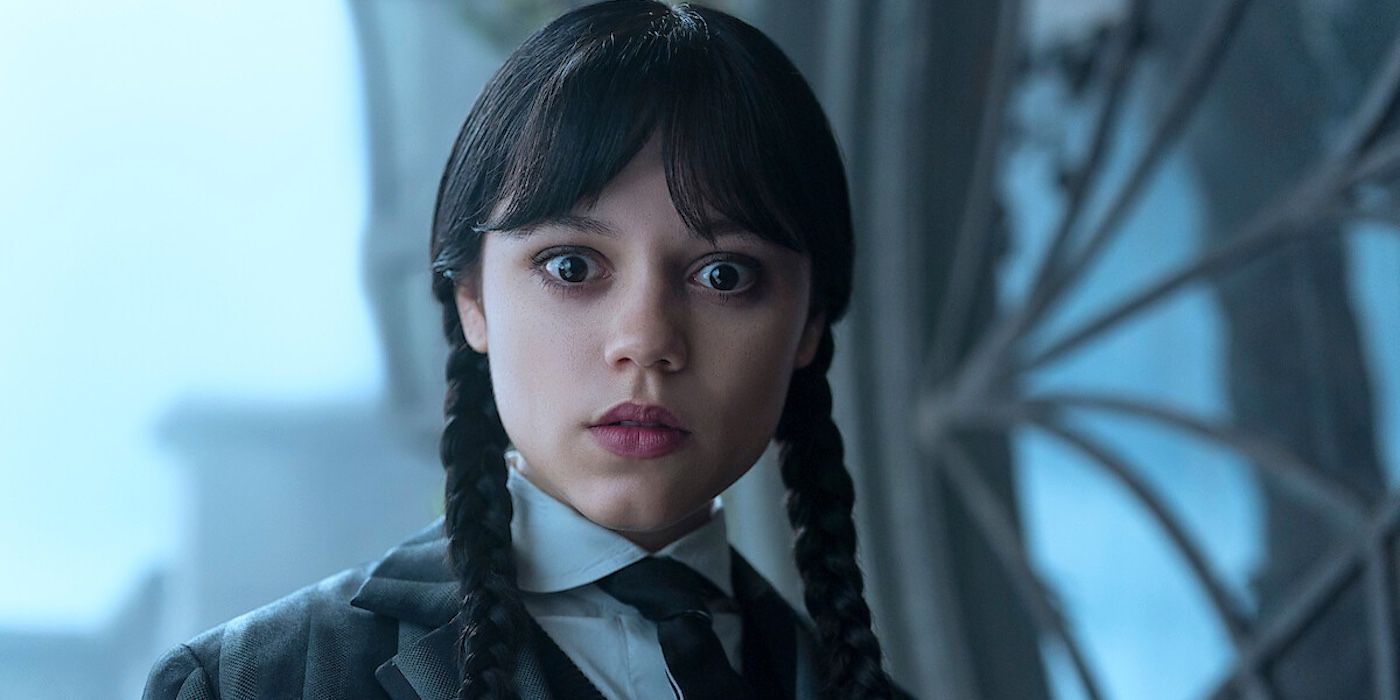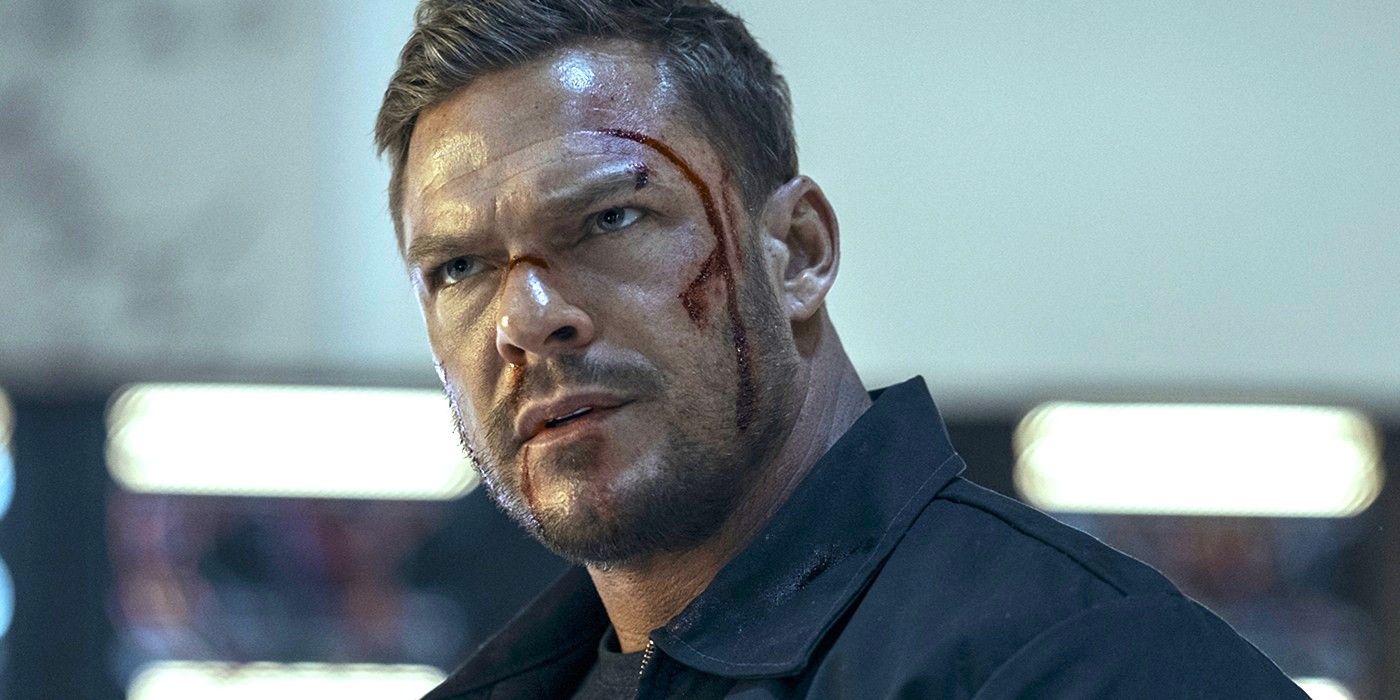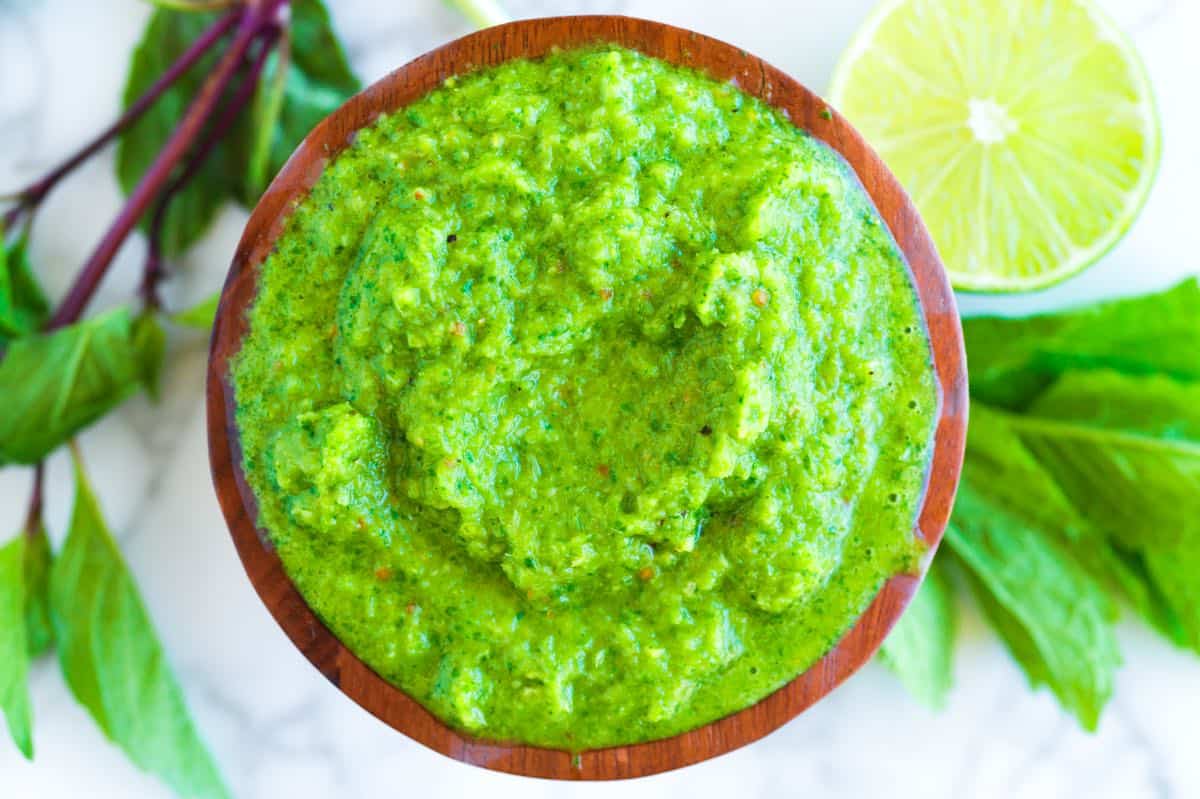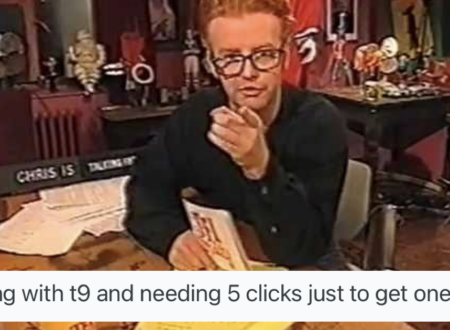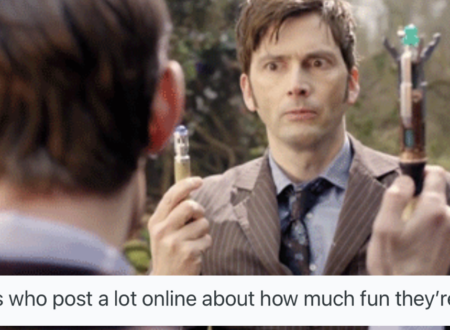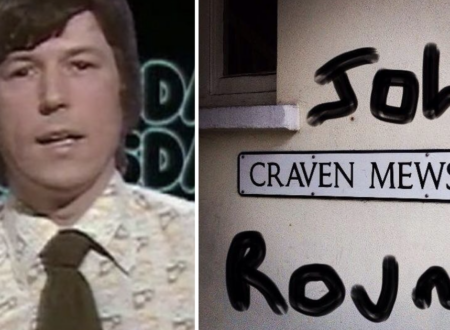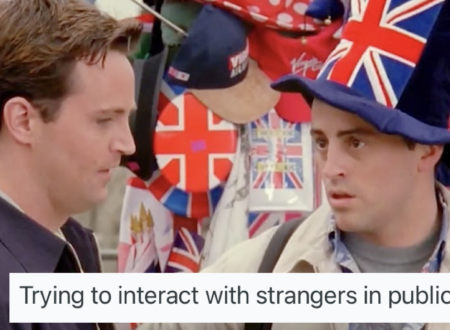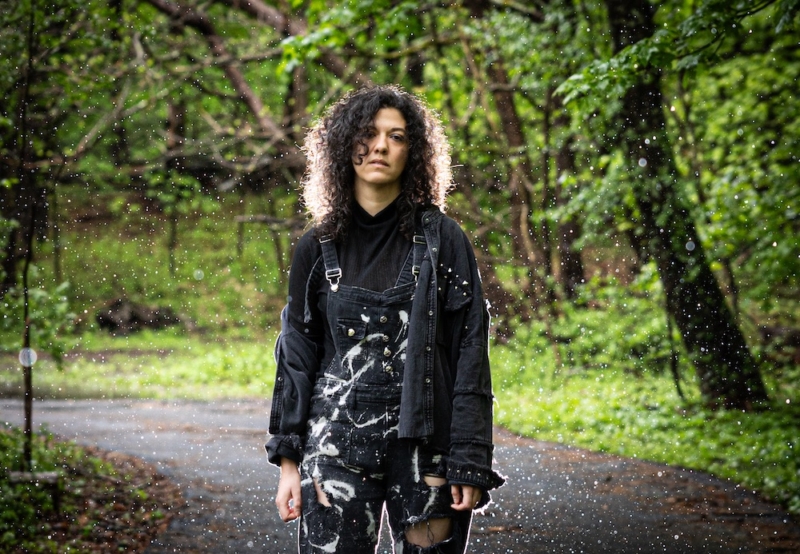For Those I Love on ‘Carving The Stone’: “Things feel fractured and insidious – but there’s always hope to be found in other people”


For Those I Love has spoken to NME about how the pressures of Dublin and capitalism on younger generations shaped his new album ‘Carving The Stone’, and how the problems of Ireland may be responsible for the health of its music scene.
Dublin producer and songwriter David Balfe caught the world’s attention with his universally-acclaimed 2021 self-titled debut, inspired by the loss of and written in tribute to his best friend since childhood and musical partner, Paul Curran, after he took his own life. Putting the music together for his own grieving process and to share with a handful of friends, he was taken aback when the record had the impact that it did.
“When things changed and the label got involved, I was very reluctant to go down that avenue at first,” Balfe told NME. “It took those same friends and family to encourage me to pursue it. It eventually came out to a much wider distribution than 25 in-hand copies. I doubt I was prepared for what was going to happen. I certainly didn’t feel like there was any certainty as to how things would go.”

In a five-star review, NME hailed ‘For Those I Love’ as “not only an immaculate debut, but a beautiful record that speaks to anyone who’s ever loved and lost, anyone who might be mourning or just processing the days of youthful abandon, or perhaps those who need reminding that you can’t have shadows without the light”.
When the music found a wider audience, Balfe was both shocked and touched by “how much grief and sorrow is carried by the strangers around you at all times”.
“Once it was shared publicly and I started playing live, I would talk to people before and after the shows,” he said. “I probably found it very difficult at the start to deal with the weight of some of those conversations. People were bringing so much of their personal experience to the shows. You see it, still. Even when I come out with Overmono, you see pockets of people who are very clearly collectively grieving someone.
“That stuff is very affecting. It can hurt in a lot of ways, but it’s an assurance that sharing the music publicly was the correct decision because people seem to be finding comfort and connection with that. When you’re experiencing sorrow and grief, you can think that they’re such an isolating thing. You feel like you’re the only person who’s feeling it. Real grief can rob you of your joy so much that it makes you feel like a stranger amongst your closest friends.”
He added: “I didn’t realise just how universal an experience that is. That’s horrifying in its own way, because there’s no comfort in the idea that people would experience that kind of pain. But conversing with people and seeing how they’ve used these songs to try and get a leg up on their own journey towards healing has been incredibly powerful, and one of the biggest motivators to share any music following on from the first record.”
In following up his debut for ‘Carving The Stone’, Balfe had to start all over again from scratch. Check out our full interview below, where For Those I Love explained how his inspiration and motivation were a lot closer to home than he first thought.
NME: Hello David. With your first album being such a personal monument, how do you go about starting afresh after that?
David Balfe: “You just don’t for a long time. I didn’t think I’d do a second record for a long period of time. I knew I’d always be making music like I always have, I just didn’t think I’d be sharing it publicly.
“I have no desire to take up space if I feel like there isn’t any value in what I’m sharing. I understand that’s a luxury. For most artists, there’s a need to release music and play shows because that’s where your economic stability comes from. I knew I wasn’t going to come back and give anything to the public unless it was something I felt so sure of and I felt was adding to the world – not just taking up space.”
Was it a struggle to find your focus?
“Musically, with making the step from where I was with the first record to this, I had all this stuff that I wanted to say but just didn’t know how. I didn’t know how to pair it with music. The music wasn’t free-flowing the way that I wanted it to. I left Dublin to go to Leitrim for a month. I had properly convinced myself from reading about the creation of great records and talking to friends and other creatives that isolation would be great. As if I hadn’t had enough of it during COVID!
“‘Isolation is gonna be the way forward! I’m gonna go this little house, write every day for a month and not see anybody!’ I did that. I saw one person in the 31 days I was there. I went there and wrote every day from morning until night and it was just garbage. I wrote shit.”
And then what clicked?
“I didn’t think much of it at the time and I know how obnoxiously fake and cliché this sounds but it was on the very last day when all the gear was packed up and I just had a keyboard and my computer left out and I wrote the opening chords to the last track on the album. It sounds like something you’d make up when you’re desperate for a story around a record. As soon as I packed up my gear and got back to Dublin, the music started to actually come and the lyrical writing started to make more sense as well.”

And Dublin is really the main character on ‘Carving The Stone’?
“Absolutely. It’s more than a setting. At times there are characters that come to life that are embodiments of Dublin or particular parts of it. It plays the role of one of the main characters throughout the record.”
You’ve talked about how you felt bound to Dublin, but rejected by it?
“That’s one of the pillars of the record. That’s a universal experience and not necessarily unique to Dublin. It’s common for a lot of people that have tried to do that dance with the place that they’re from – trying to find a life worth living there, not being able to find it, but knowing the answer isn’t somewhere else.”
But at least your muse was there at home?
“I knew I was writing a record that was so much about home, I don’t know what convinced me to leave. Being at home, being in the place where I was feeling that push and pull, that would be the place that would drive the crux of the writing. So much of it is bigger than Dublin. It’s a characterisation of Ireland.
“Art can be an isolating thing, art can be a thing that connects people, but it can also be so personal and so revealing. I often only feel comfortable doing that in the place where I feel physically and emotionally supported. I needed to be back in Dublin amongst the people that I love and amongst the places that I feel directly understood by. That allowed me the space to channel what I needed for this record.”
Home is where the art is, but you’ve spoken of the devastation that unchecked capitalism has wreaked on Dublin and how so many people are being priced out of staying there?
“That’s felt very much across the record. The real pillars of this record are in no way unique. So many of my peers and the vast majority of artists making music in Ireland are writing about the same themes and concepts. That needs to be expressed loudly. It’s a wide acknowledgement of how strong this cultural debt is, it’s a wide acknowledgement of how mismanaged our state has become. The challenge as an artist for me was never to find new things to talk about. The challenge is to try and find more nuance and interesting, unique ways to talk about those things.
“I have no desire to try and talk about things for the first time. So many of the artists of today are talking about the same things: that pressure.”
And there’s a real spotlight on Irish music and culture right now. Do you feel that could act as a Trojan horse for change and amplify the message?
“Irish music is at an incredible place right now. It would be horrifying to explore the thought that it’s in this place because of how things are. A lot of great art can be born out of difficult circumstances. It’s a pretty ugly thing to acknowledge, but there might be truth to it. I don’t know how comfortable I am to allow myself to fully explore that. It kind of feels like that way.”

NME recently interviewed the band Cliffords from Cork, who described a current “fetishisation” of Irish culture. Do you feel that way?
“I don’t know about that. I pride myself on being quite politically up-to-date and well-read, and oftentimes of being quite connected with contemporary music. However, I’m probably out of touch with certain cultural phenomena. I just don’t do internet stuff a lot any more! I try not to do social media. Maybe there is some fetishisation of Irish culture, perhaps that’s true, but I don’t see it a whole lot. I imagine that if I was to be seeing that, then a lot of it would be true things online. I’m just very rarely using my time in those spaces.
“I most certainly do know that Irish music has a spotlight on it right now, and that’s incredible. Yes, there’s always been an incredible wealth of talent here generationally and it has come in waves. There have been times when the spotlight hasn’t been shining here. A lot of things that I think would challenge the best of Irish music now have gone unnoticed. Now we have great bands being celebrated on a worldwide stage.”
Given the younger generation’s engagement, activism and cultural footprint, do you feel like change could be around the corner?
“I have learned that hope is just something that I have to have. It is an essential part of survival for me. I couldn’t in good faith resign myself just to a negative fate. With that being said, I’m not so sure how things are going to improve in the short term here. I know that there’s an endless list of things that could be done – but I’ve probably been here long enough to see a little bit of predictability. Some of the stuff that’s going on is just so insidious that it might be a little bit difficult to break the spell in the short term.
“I’m dancing around the question a little bit because if we were to really get into the weeds, we could be talking for a couple of hours. I won’t do that to you! We’ve seen that there is an ability to make legitimate change. It is a possibility. Young people are very politically-minded now, engaged, and I hope that reflects in the polls.”
What’s the mood like in Ireland around the future?
“We’ve seen there’s potential for governmental change in Ireland. Things are wrapped in a two-party system that makes it impenetrable, but there is potential for change. I would hope that there’s a high probability that we’ll see restructuring of our current sitting government and possibly our political class in general. There’s always hope to be found in other people. That’s where I’m finding my optimism.
“It’s potentially easier now to find people to help you feel connected and understood. That feels vital when acknowledging a move towards optimism.”
We just need other people?
“When things get this difficult and futures seem so unpredictable, when there’s a dominant lack of stability, finding that hope in other people is more important than ever. You can find that stability collectively. You can find that promise collectively. I’ve certainly experienced that collectively with my closest friends. There’s a sense that if we have each other, then things are just going to be alright.”
For Those I Love releases ‘Carving The Stone’ on Friday August 8, before a full UK and Ireland tour kicking off in September. Visit here for tickets and more information.
The post For Those I Love on ‘Carving The Stone’: “Things feel fractured and insidious – but there’s always hope to be found in other people” appeared first on NME.
What's Your Reaction?
 Like
0
Like
0
 Dislike
0
Dislike
0
 Love
0
Love
0
 Funny
0
Funny
0
 Angry
0
Angry
0
 Sad
0
Sad
0
 Wow
0
Wow
0









.png)
